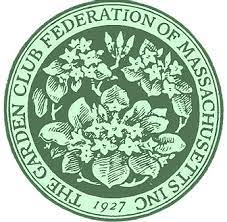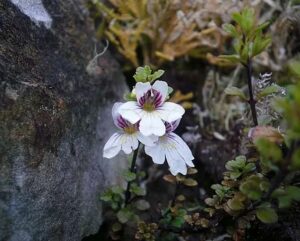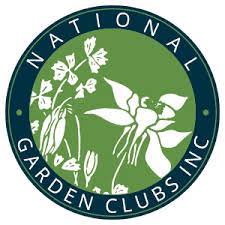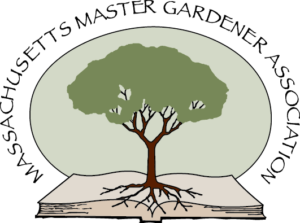Our Federations
Garden Club Federation of Massachusetts
As early as 1924, Mr. Edward Farrington, Executive Secretary of the Massachusetts Horticultural Society, observed that numbers of garden clubs were being organized throughout the state and thought a federation would serve a need. As a result of his activities, the Massachusetts Federation of Garden Clubs and Historical Societies was organized in December 1924. This group was short-lived.
In the spring of 1927, a representative group met at Horticultural Hall. Mrs. Thomas Motley, Jr. was appointed chairman of a committee composed of members from the garden clubs in the state to work out an organizational plan and report at a later joint meeting.
In the fall of 1927 fourteen garden clubs assembled at Horticultural Hall in Boston at the invitation of Mr. Farrington, for the organization of the Garden Club Federation of Massachusetts. Mrs. Thomas Motley, Jr. was voted president.
The first meeting of the Garden Club Federation of Massachusetts was held October 27th, 1927, with representatives from 25 clubs present. A constitution and bylaws were presented as a tentative arrangement for 1 year. Such was the caution of our early leaders. The Federation was provided with a large office and storage space on the second floor of Horticultural Hall at the corner of Huntington Ave and Massachusetts Ave in Boston. more…
Enjoy our latest Newsletter!
National Garden Club
Nature’s splendor provides us with vast and extraordinary beauty – and similar challenges. When we pause to notice insects buzzing, trees swaying in the wind, the rhythms of ocean waves, or the night sky of twinkling stars, Nature’s melodies become a source of strength and renewal – and certainly never more than over the last year. Our imaginations are unleashed into a playground of possibilities as we enjoy the boundless wonders of the outdoors.
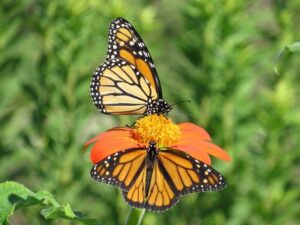
NGC encourages a wide variety of projects that preserve, protect and restore the environment within our communities. It is this dedication and passion that have enabled us to embrace virtual platforms for communication and education. Utilizing virtual platforms has created the opportunity to engage membership and broaden our audience, which has truly allowed our community to blossom. NGC will continue to engage and educate through virtual means to promote its mission, grow its membership, and engage new communities. The possibilities are endless.
We will consider the future, set challenging goals and have the determination to achieve them. Our shared passion enhances the enjoyment of learning from and interacting with our beautiful planet. more…
Enjoy our latest Newsletter!
After all, playing outdoors is what gardeners do best!
Massachusetts Master Gardener Association
The first Master Gardener (MG) program was started in 1972 in Seattle, Washington by Cooperative Extension Agents as a means of more effectively addressing questions posed to them by eager home gardeners. Within a few years the program was adopted throughout Washington and by many other states. Today, Master Gardeners are in all 50 states, the District of Columbia, and several Canadian provinces. The vast majority of Master Gardener programs are run by the Cooperative Extension Services of land-grant universities. MG programs are usually organized county by county, with extension agents and university professors serving as program instructors.
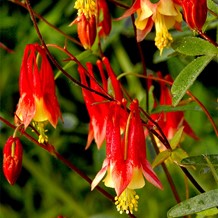
In fall of 2008, the MHS Master Gardeners became incorporated as an independent, nonprofit organization, the Massachusetts Master Gardener Association (MMGA). We have volunteer projects throughout the eastern half of the state and have partnerships with numerous other groups including Massachusetts Horticultural Society (MHS), Tower Hill Botanic Garden (THBG), Native Plant Trust (NPT), and The Garden Club Federation of Massachusetts, Inc. (GCFM). more…
Enjoy our latest Newsletter!

